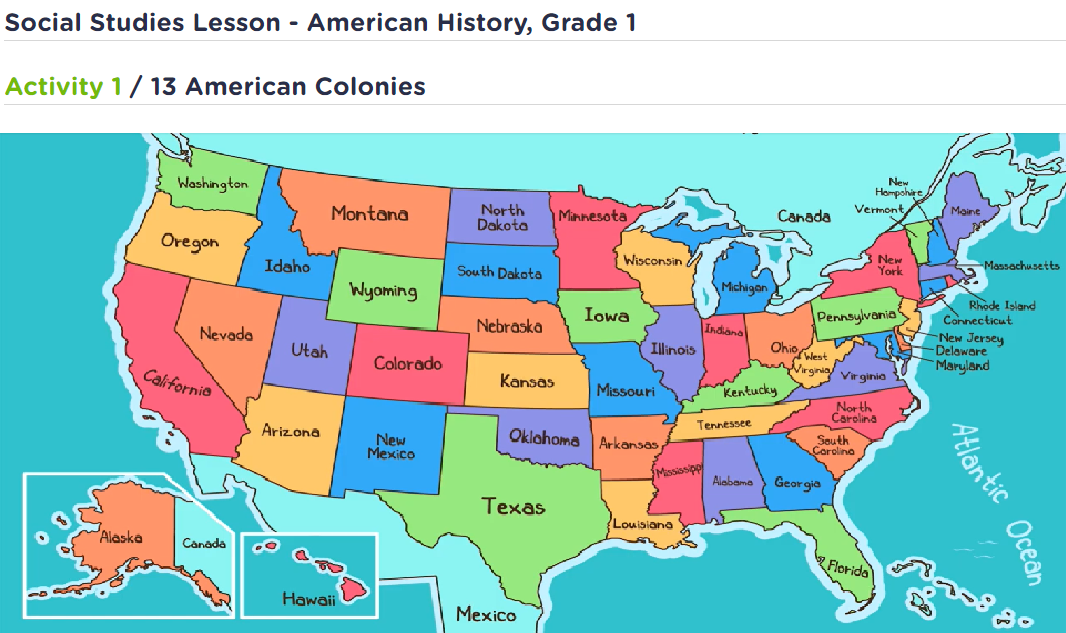Word identification Reading Worksheets for Ages 4-7
5 filtered results
-
From - To
Unlock your child's reading potential with our engaging Word Identification Reading Worksheets designed specifically for ages 4-7. These interactive worksheets provide young learners with essential skills to recognize and understand words, fostering literacy development in a fun and enjoyable way. Through a variety of activities, including matching, tracing, and fill-in-the-blank exercises, children will enhance their vocabulary and boost their confidence as emerging readers. Perfect for home or classroom use, our printable resources cater to different learning styles and encourage active participation. Start your child's journey to reading success today with our dynamic and effective word identification worksheets!
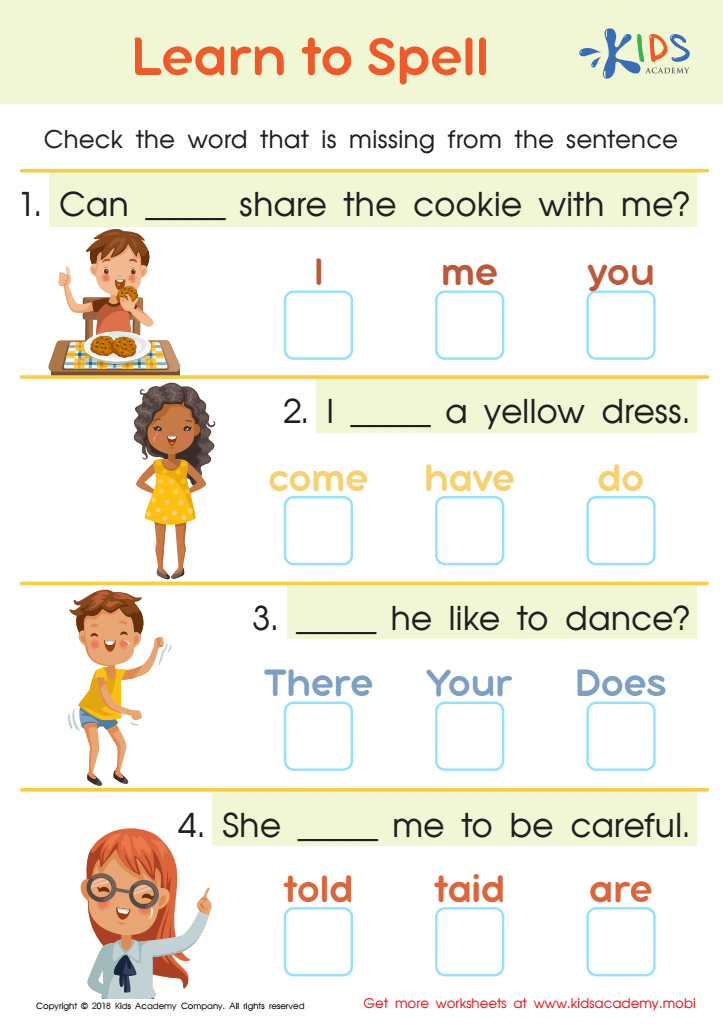

Learn to Spell Worksheet
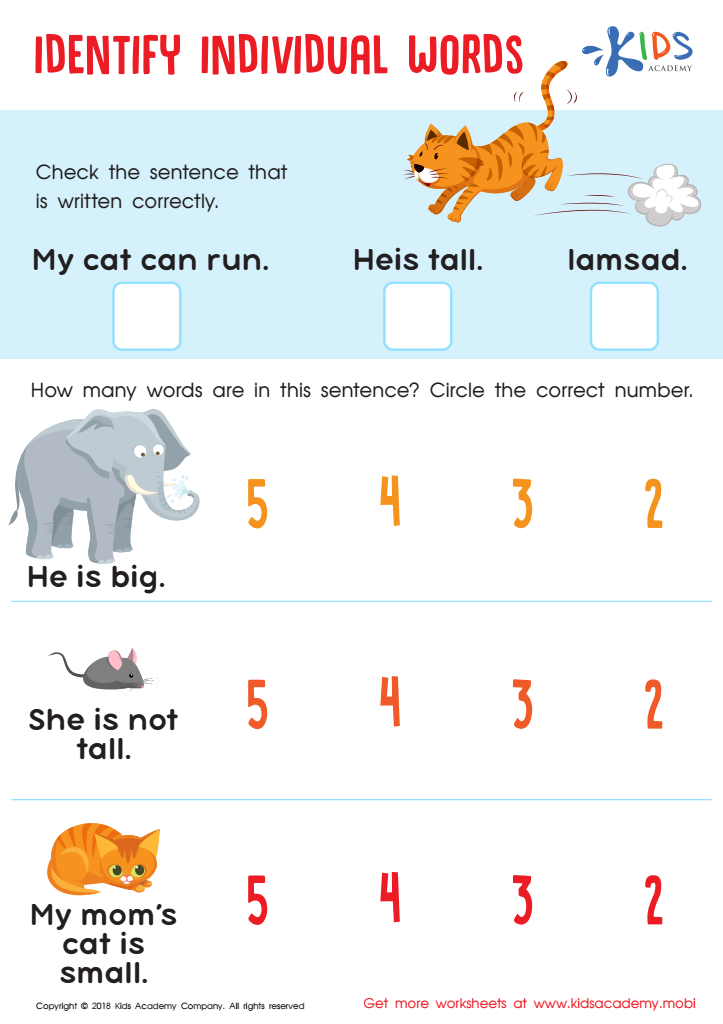

Identify Individual Words Worksheet
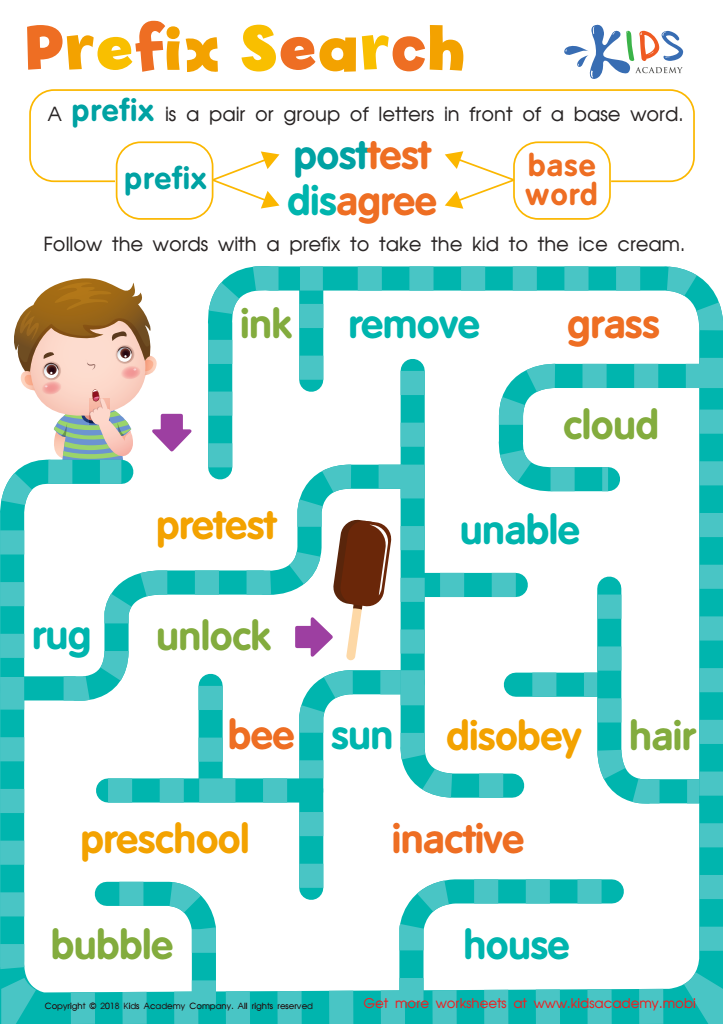

Reading: Prefix Search Worksheet


Phonics and Word Recognition: Assessment 1 Worksheet
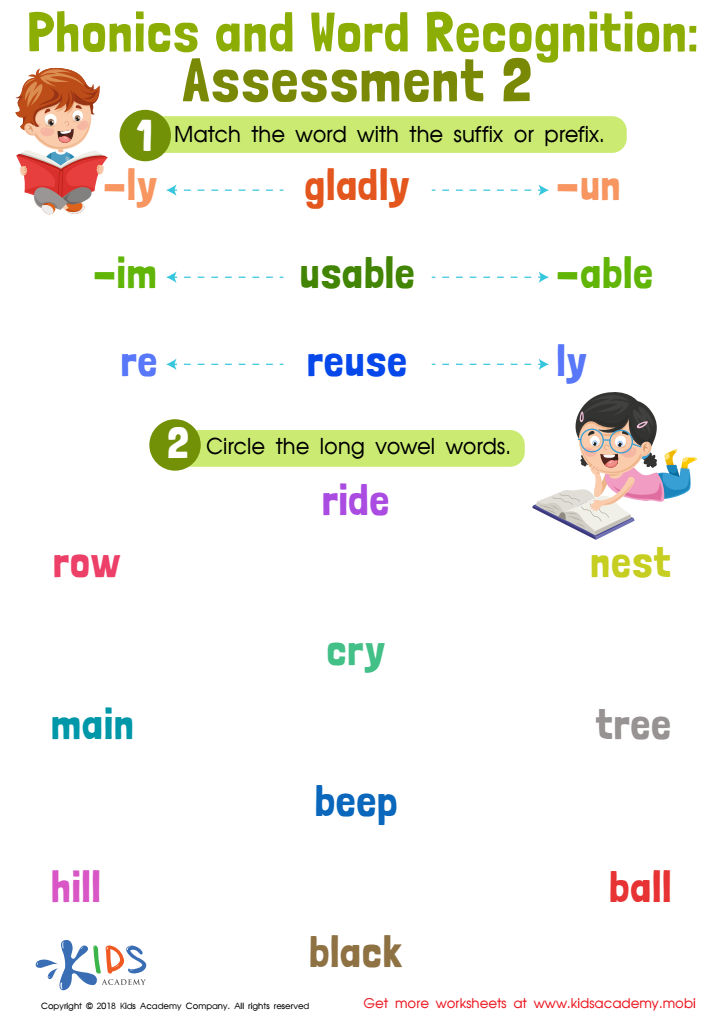

Phonics and Word Recognition: Assessment 2
Word identification is a crucial skill for children aged 4-7, forming the foundation for their reading development and overall literacy. At this early age, children begin to recognize words, which enhances their ability to decode text and comprehend its meaning. When parents and teachers prioritize word identification, they foster critical language skills that significantly impact a child's academic journey and love of reading.
Strong word identification skills lead to improved fluency, allowing children to read with confidence and enjoyment. This encourages a positive attitude toward reading, nurturing a lifelong commitment to learning. Furthermore, early mastery of word identification equips children with tools for understanding more complex texts as they progress, laying the groundwork for success in higher grades.
Additionally, recognizing words aids in the development of vocabulary, listening skills, and spelling, empowering children to express themselves more effectively. For educators and caregivers, focusing on this skill ensures that children are well-prepared for future academic challenges, promoting equity in literacy outcomes. In summary, supporting word identification in young learners is vital for their cognitive development, emotional growth, and academic success, making it an essential area of focus for both parents and teachers.

 Assign to My Students
Assign to My Students









